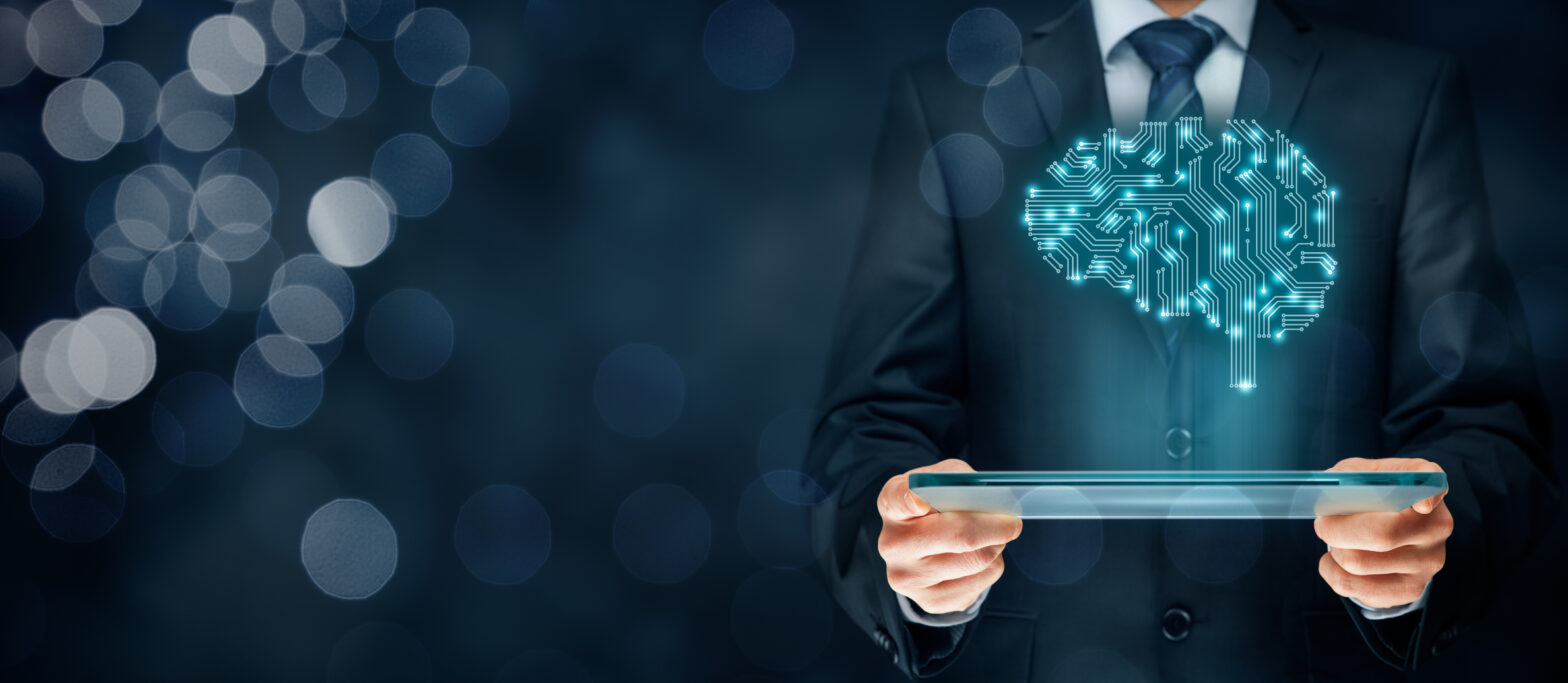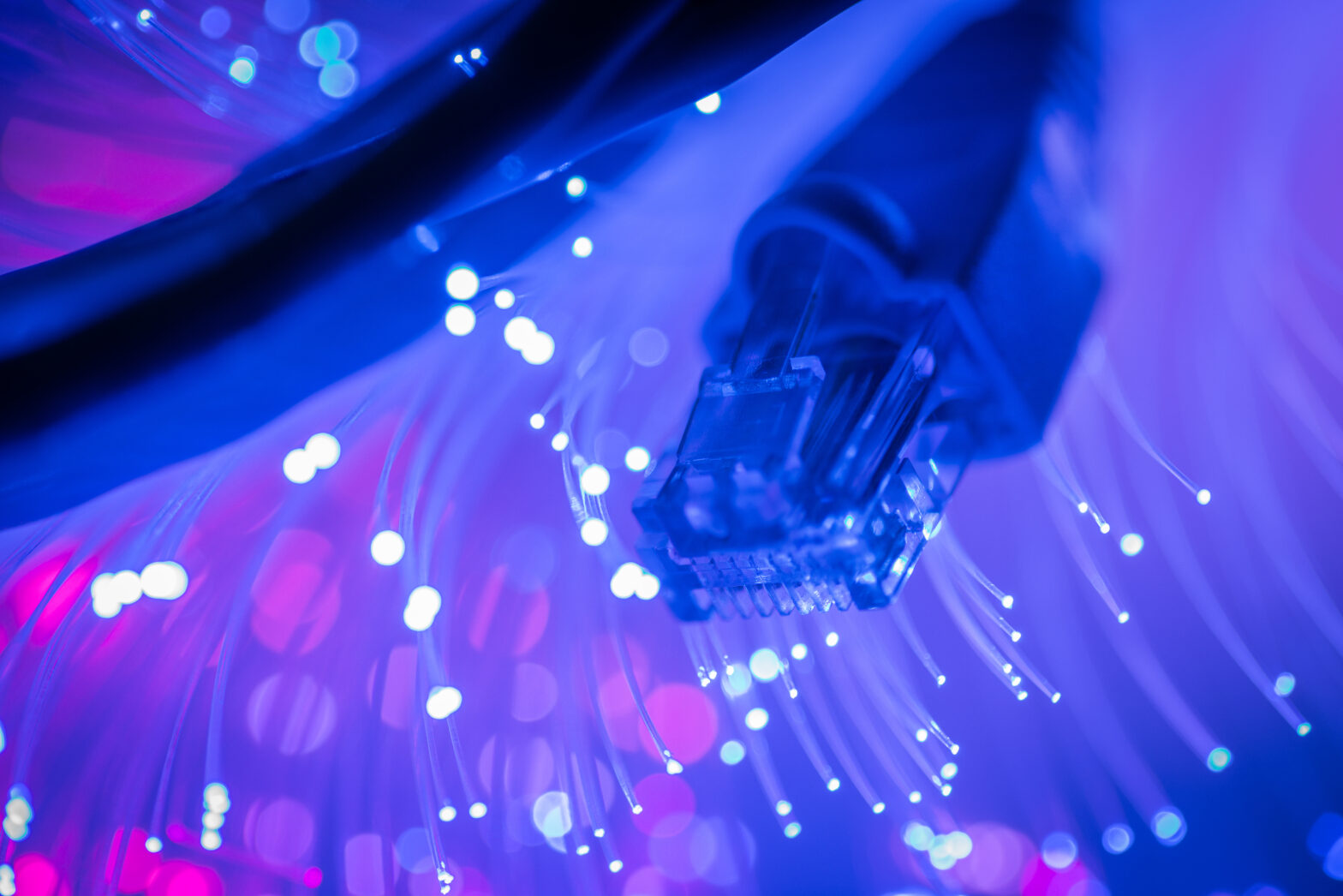Without a doubt, artificial intelligence (AI) has become the hottest topic in town. And while it is far too early in AI’s evolution to understand its true potential or how quickly it will have a fundamental impact – it is clear that over the next few years, business, home and schooling could be completely different with AI on the scene.
Here are seven ways our lives could be different in future as a result of AI:
Education revolution
Artificial intelligence could replace the technical information delivery role currently undertaken by teachers. Each student could be specifically monitored by AI on a range of subjects designed to prepare the student for the future world of work.
No longer will all students work to the same or similar curriculum through all 11 years of primary and secondary education. Instead they would have a carefully planned and constantly monitored, evolving and personalised programme. This would be designed to stretch and develop each student with the skills he/she needs for the expected types of jobs or further education landscape they might encounter at 16 years of age.
Students will still need someone in the classroom, but maybe the human “teacher” is responsible for helping advise on research strategies and problem-solving approaches, encouraging group working and collaboration, nurturing individuals, providing emotional support, and helping the students develop the social skills required to enable each to play a full role in the emerging world – served by the machines – thus ensuring every individual a very human future.
Anticipating your ‘party sick’ fridays
Some companies are exploring the idea of monitoring employees’ social media activities to determine if they may be partying a little too hard tonight and thus likely to call in “sick” tomorrow. Knowing in advance would allow for cover to be arranged – this is of particular interest to customer contact centres which need to maintain certain staffing levels to achieve their service targets. Indeed, employers might even offer staff “party days” – where they can accrue extra hours which can then be used to sleep it off the morning after a big night without it affecting their pay or employment records.
The entire set of activities described above could all be conducted by AI with no human intervention.
Making good decisions
Our AI could become a sort of conscience, reminding us of right and wrong at every turn. This could work on both the individual level (“should I lie on this job application?”), and at an organisational scale (“should we rip off this customer?”). Not only might AI be deployed as a form of monitoring or ‘truth detecting’ technology that sets off alarms at the source of any mistruth, but data could also become so ubiquitous and verifiable that it won’t pay to lie.
Along the same lines, crimes of all kinds could become much more difficult to commit. Indeed, law enforcement could eventually get bored and look for something else to do – possibly investing the time in strengthening community engagement.
Mandatory personal growth
The ability of AI to help us understand ourselves and learn could lead to lives filled with learning. The “unexamined life” could become obsolete—it may one day be legally impossible to avoid the constant “big brother” data gathering and feedback about one’s daily progress against officially defined or personally set physical, emotional, mental, and spiritual development goals. The absence of such goals or tracking information might indicate antisocial tendencies.
Everyone might be expected to make full use of AI to become better students, employees and friends. The gathering of data to improve one’s performance in every area would be viewed as a must-do, otherwise, what’s the point of collecting it – or indeed – what’s the point of living in an organised society?
Community building
Communities may be better organised since AI could monitor and analyse the ‘health’ of the community – covering everything from environmental indicators through to levels of crime, engagement in public spaces and discussions on web boards and social media.
Community planners could harness the intelligence of AI for optimal planning, ensuring that public works and services are available where and when residents need them. For example, AI mapping might help planners identify and predict faster that an area with a rapidly growing population will soon lack sufficient access to schools, health facilities, libraries, and even a fresh food markets.
Community managers might send mobile classrooms, GPs, libraries, and fresh food trucks to those areas, or help reorganise the community to self-provision some of the missing essentials.
Environmental monitoring
Environmental conditions may improve by using AI and sensors connected through the Internet of Things (IoT) to help monitor the local and even global environment. Sensors may constantly feed AI software that records and analyses the latest local environmental data on factors such as air and water quality.
Based on AI predictions and recommendations, commuters may be redirected to public transport or to use reduced emission roads on certain days. In addition, trees and greenery might be planted in specific areas to reduce soil erosion and decrease potential flooding, while entire cities may be redesigned to lessen overall environmental impact on the planet.
The “more time” illusion
With all the assistance that AI could provide at work and home, humans might suddenly find themselves with an abundance of leisure time. However, it seems more likely that new expectations could become set and that new activities would emerge.
However, there may need to be a trade-off: just as the introduction of mobile phones made us all available on the go so we could be more productive and ‘always on’, it also invaded our private and recreational time. Hopefully, the new possible activities would be driven by passion, curiosity and inspiration rather than productivity.
Rohit Talwar, Steve Wells, April Koury, Alexandra Whittington, and Maria Romero of Fast Future






